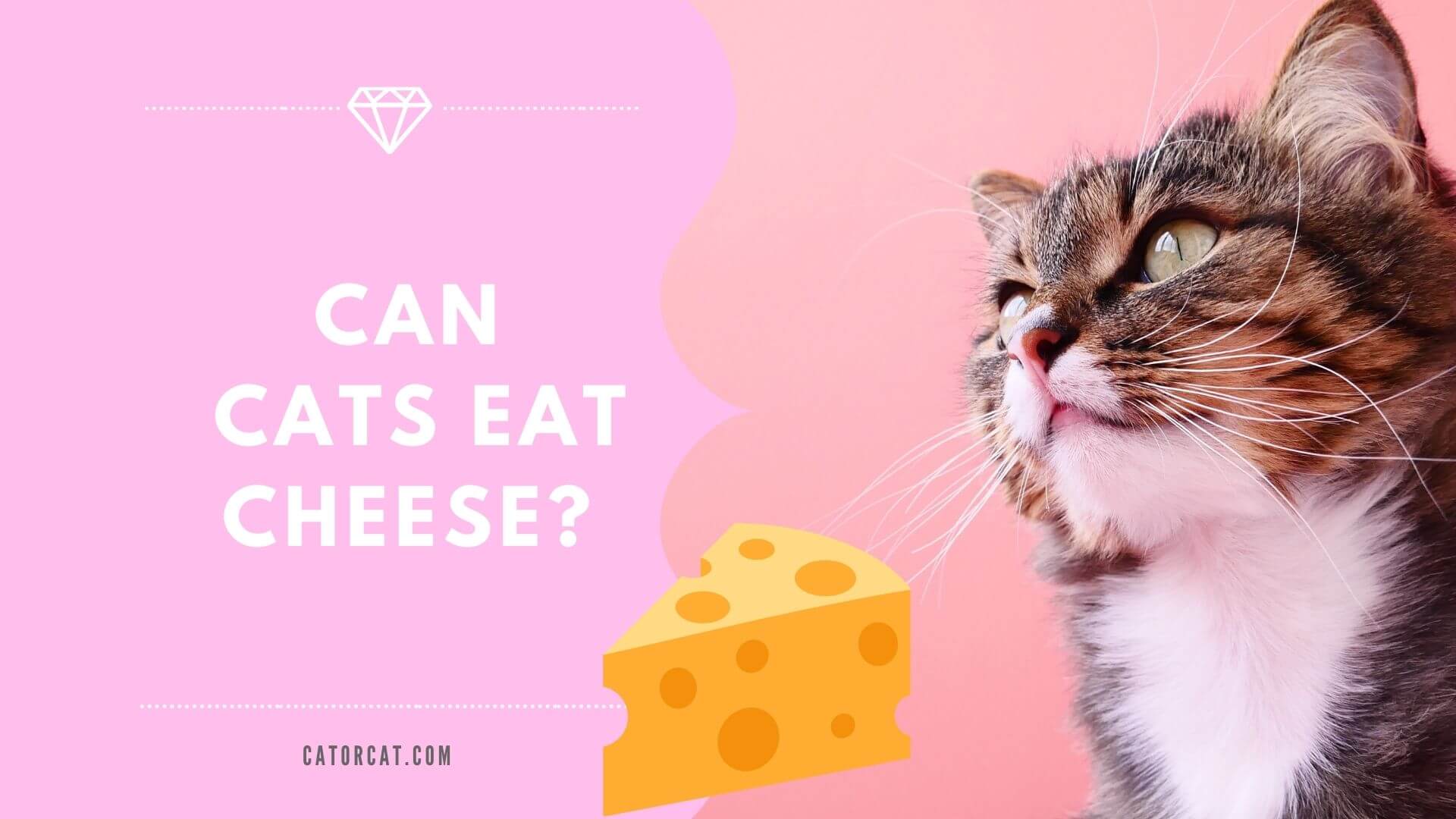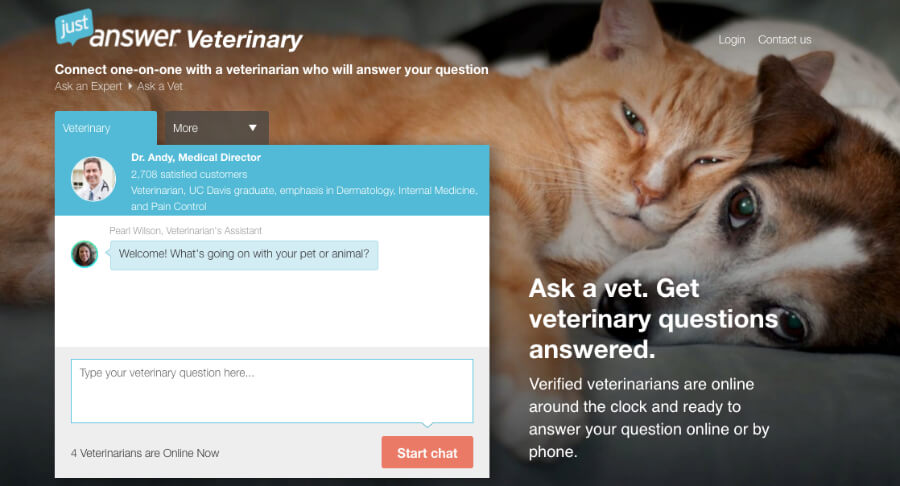
Cats love cheese. They’re soft, delicious, and pack a punch with just a small bite. But are they safe for cats?
You add them to your sandwich, put them in salads, and pair them with wine and crackers. If you have a feline friend hanging around, the natural tendency would be to give her a treat. But wait, should you?
Let’s find out.
Can Cats Eat Cheese?
The answer is yes, cats can eat cheese, occasionally. Cats, however, should not eat cheese all the time.
Why? Because most cats are lactose intolerant, which means eating cheese and other dairy products could cause adverse side effects, such as vomiting, nausea, soft stool, diarrhea, and other gastrointestinal problems.
But wait, don’t cats love dairy? We see the proverbial image of cats thirstily finishing a bowl of milk, licking off drops of milk on the floor or on their fur. This image is seen everywhere, and even the famous character of Garfield addictingly munch on cheesy lasagna almost everyday.
This image in people’s minds about dairy being good for cats is completely wrong because cats do not have the needed enzyme in their stomach to digest dairy, and this includes cheese.
Sure, you can give them a treat or bite every once in awhile, but it should never be a part of their regular diet.
Why Are Most Cats Lactose Intolerant?
Humans and other omnivore animals have natural lactose enzymes in their digestive system. This enzyme is needed to break down lactose in dairy products.
Unfortunately, cats do not produce this enzyme, making it difficult or impossible for them to digest dairy. The result is gastrointestinal problems such as vomiting, abdominal pain, diarrhea, gas, loss of appetite, and even dehydration from frequent bowel movements.
Kittens, on the other hand, produce lactase during their first four weeks of life, allowing them to digest cat milk. But beyond these four weeks, when they are weaned from their mother’s milk, they produce lactase less and less, making them lactose intolerant once they start consuming solid foods.
How About Non-Dairy Cheese?
While there are non-dairy cheeses available, they are still high in fat and sodium content. Too much consumption of non-dairy cheese can lead to weight gain and obesity, which can cause many health problems for cats, such as hypertension. And high sodium content can also escalate the risk of heart disease and kidney problems.
Just like regular cheese, you can feed your cat non-dairy cheese, as long as you don’t include it in her regular diet. Occasional cat treats of cheese, and other human food would be advisable.
Can I Feed My Cat All Kinds of Cheese as a Treat?
The answer is no. There are certain types of cheese that contain other ingredients that may be toxic to cats. Brie cheese for example, is a popular soft cheese that contains raw milk. Raw milk may contain Listeria or Salmonella, which are pathogens that can cause serious illness.
Blue cheese is also a big no-no for cats because it is made with the culture of the mold Penicillium, which is toxic to cats. Any moldy cheese can be dangerous to cats.
Symptoms to Look Out For
If you suspect that your cat has eaten too much cheese, then you’d need to watch out for the following symptoms:
- Vomiting
- Diarrhea
- Gas
- Loss of Appetite
- Frequent Bowel Movements
- Dehydration
- Lethargy
- Weakness
The reason why our cat experiences these symptoms after consuming cheese is because the ingested lactose stays in their stomach, instead of being processed in the bloodstream. When lactose from the cheese stays in the stomach, it ferments, leading to gastrointestinal issues.
If you feed your cat cheese on a regular basis and you were unaware that cats are lactose intolerant, you may have also noticed a change in their appetite, or unusual weight loss.
When you notice these symptoms and your cat has become lethargic, it’s time you bring your kitty to the veterinarian or chat with a vet right now.
RELATED: Consider Cat Supplements!
The Bottom Line
Cheese is not dangerous to cats when given is an occasional treat. They can be dangerous when you include cheese in their regular diet.
Aside from gastrointestinal issues, frequent consumption of cheese can aggravate kidney problems due to high sodium content. An increase in the risk of obesity can also occur due to the high fat content of cheese, which can lead to other health problems.
You can occasionally feed cheese to your cats, but make sure it’s a small piece, like the size of a dice. But if you can, it’s best that you avoid giving your cat people foods to be on the safe side and rather buy dry or wet cat food.
RELATED:

